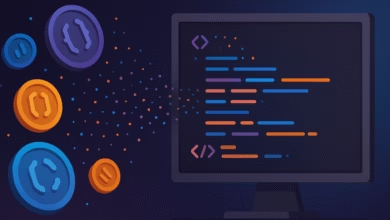Microsoft/OpenAI AGI Debate Won’t Affect Enterprise IT

▼ Summary
– Defining AGI is challenging due to unclear concepts like consciousness, leading to potential reliance on performance-based tests like a modified Turing Test.
– John Licato suggests using a consensus-based Turing Test where laypeople interact blindly with AI or humans to determine if AI passes as AGI.
– Both parties in the agreement likely want to exit due to significant changes since the deal was made in 2019.
– The AGI trigger in the contract would halt additional code-sharing but doesn’t require Microsoft to surrender or stop using previously received OpenAI code.
– The contractual implications of declaring AGI focus on code-sharing restrictions rather than revoking existing access or usage rights.
The ongoing debate between Microsoft and OpenAI about artificial general intelligence (AGI) definitions won’t significantly impact enterprise IT operations. While experts argue over what truly constitutes AGI, businesses continue leveraging AI tools for practical applications without getting bogged down in theoretical distinctions.
John Licato, an associate professor at the University of South Florida’s Bellini College of Artificial Intelligence, points out that defining AGI remains contentious. “Attempts to pin down AGI based on consciousness or internal cognitive processes often lead to philosophical dead ends,” he explains. Instead, he suggests performance-based benchmarks—like advanced versions of the Turing Test—could serve as more practical measures. If an AI consistently fools people into believing it’s human, that might be the threshold for declaring AGI.
Beyond academic debates, the real tension between Microsoft and OpenAI stems from their evolving partnership. The 2019 agreement included provisions tied to AGI development, but both companies now seem eager to move forward independently. The contract stipulates that code-sharing stops if AGI is achieved, but Microsoft retains access to previously shared OpenAI technology. This means enterprise customers relying on these AI solutions won’t face sudden disruptions, regardless of how the AGI discussion unfolds.
For businesses, the takeaway is clear: Theoretical debates won’t derail real-world AI deployments. Whether AGI is officially recognized or not, companies will keep integrating AI-driven tools to enhance productivity, automate workflows, and improve decision-making. The focus remains on tangible benefits rather than abstract definitions.
(Source: COMPUTERWORLD)






